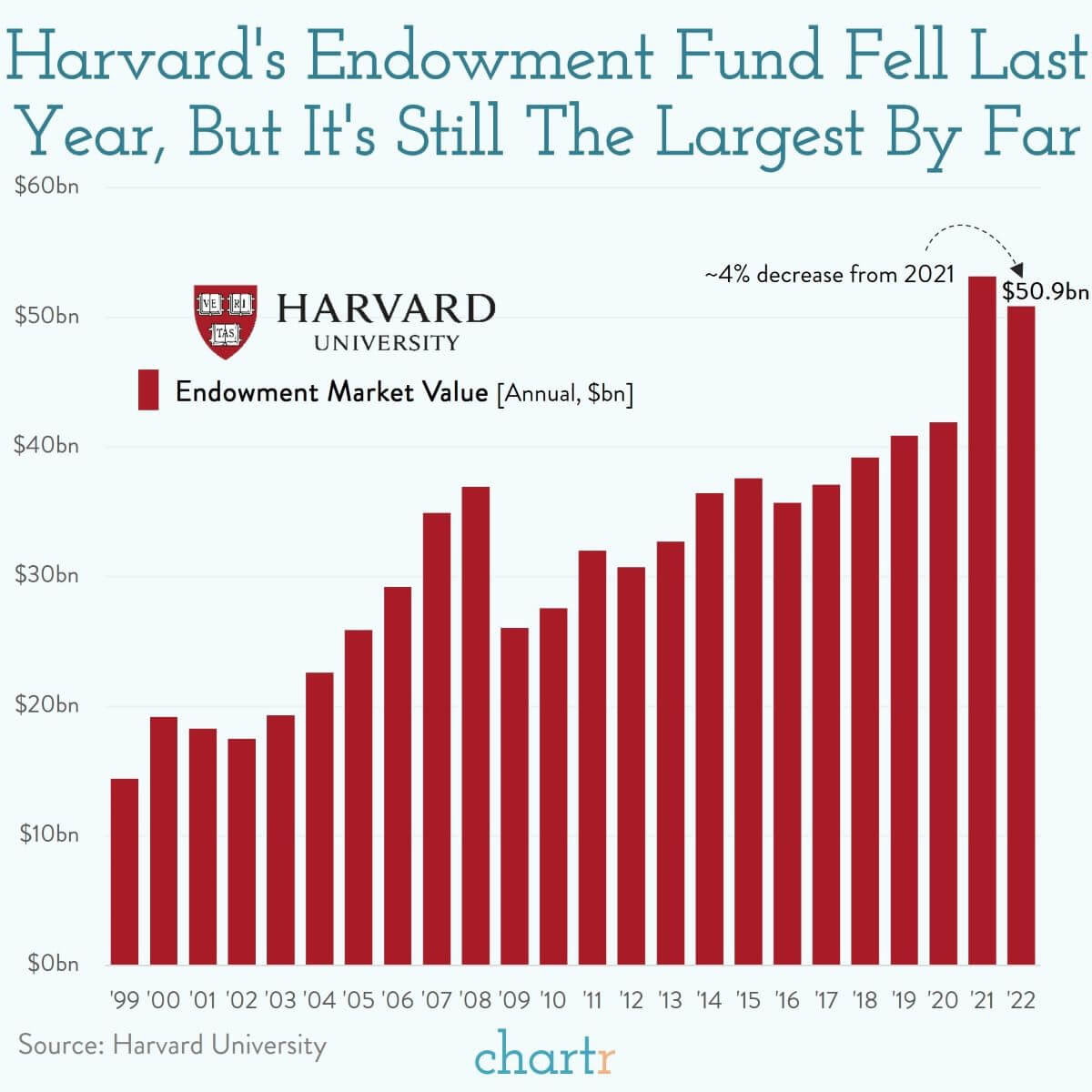🏫 Ivory Towers of Gold: The $51 Billion Question at Harvard
🌿 Medieval Green: Uncovering Environmental Awareness in the Dark Ages 👊 When Women Fought Back: Medieval Justice and Gender Violence
Based on the 8/27/24 Buckmaster Show on KVOI-1030AM in Tucson, AZ.
Dr. Albrecht Classen: "All these conflicts with Israel, they have nothing to do really with Palestinians and Israelis. That is a war between Iran and the United States."
😽 Keepin’ It Simple Summary for Younger Readers
👧🏾✊🏾👦🏾
Hey kids! 📚 Today we learned about big money in schools 🏫💰 and how it's not fair. Some colleges have lots of money 💸 but don't help enough students. People are talking about making college free 🆓 or cheaper so everyone can learn! We also heard about nature 🌿 and how people long ago cared for it too. Women in history had to be strong 💪 to protect themselves. And there's complicated stuff happening in other countries that grown-ups are trying to figure out. Remember, it's important to think about big pictures and be kind to everyone! 🌍❤️
🗝️ Takeaways
💰 Elite universities' massive endowments raise questions about wealth distribution in higher education
🎓 High tuition costs and student debt are major issues in the U.S. education system
🌿 Environmental awareness has historical roots dating back to the Middle Ages
👩⚖️ Women's rights and protection against domestic violence have been concerns throughout history
🌍 Middle Eastern conflicts are more complex than they appear, with Iran playing a significant role
🧠 Critical thinking and understanding broader contexts are crucial for interpreting global events
📚 Topics Discussed
🏫 The Endowment Enigma: Higher Education's Wealth Dilemma
The discussion on university endowments, particularly Harvard's massive $51 billion fund, opens a Pandora's box of questions about wealth distribution in higher education. This astronomical sum, tax-exempt and seemingly underutilized, starkly contrasts the crushing student debt crisis facing millions of Americans.
The conversation delves into the ethical implications of educational institutions' accumulation of such wealth. As Shelly Fishman points out, "Harvard has, you know, it's completely tax exempt from earnings." This tax-free status allows elite universities to amass fortunes while many students struggle to afford basic education. The sheer size of Harvard's endowment - a staggering $51 billion - is particularly emphasized, highlighting the vast resources concentrated in a single institution.
The dialogue explores potential solutions, such as taxing these endowments or mandating that a portion be used to reduce tuition costs. The idea that Harvard could theoretically provide free education to thousands more students using just the interest from its endowment highlights the scale of untapped potential.
This topic intersects with broader issues of wealth inequality and access to education. It raises questions about the role of universities in society: are they wealth-hoarding institutions, or should they be more focused on providing accessible education? The discussion challenges the notion that the current system works, suggesting that major reforms may be necessary to address the growing disparity in higher education.
💰 Trickle-Down Fallacy: The Myth of Equitable Growth
The conversation takes a critical look at economic systems, particularly the concept of trickle-down economics and its failure to distribute wealth equitably.
Shelly Fishman's observation that "Growth over the past 40 years has... all of it has gone to the top 10% of earners" forms the centerpiece of this discussion.
This segment explores how economic policies have disproportionately benefited older generations and the wealthiest members of society, increasing inequality. The dialogue challenges the notion that economic growth benefits all members of society, pointing out how wealth has become increasingly concentrated at the top.
The discussion touches on various aspects of this economic disparity, including:
The impact on younger generations facing higher education costs and diminished economic opportunities.
The role of debt in perpetuating economic inequality, particularly student loan debt.
Economic policies are connected to social issues, such as the high percentage of young adults living alone.
This part of the conversation invites reevaluating current economic systems and policies. It suggests that addressing wealth inequality requires more than just promoting growth but also implementing policies that ensure a more equitable distribution of economic benefits across all segments of society.
The discussion also touches on the voucher system in education, with Dr. Kloss arguing that it breaches the separation of church and state. This ties into broader concerns about the privatization of education and its potential to exacerbate existing inequalities.
Overall, this conversation segment highlights the need for a more critical examination of our economic assumptions and policies, particularly in light of growing wealth disparities and their societal impacts.
🌿 Nature's Wisdom: Medieval Environmental Awareness
Contrary to popular belief, environmental awareness and a deep connection to nature were not inventions of the modern era. Dr. Albrecht Classen’s insights into medieval attitudes toward the environment reveal a sophisticated and holistic approach to nature that modern society might learn from.
In the Middle Ages, people viewed nature as a resource to be exploited and a complex system imbued with spiritual and practical significance. Dr. Classen explains, "They had an incredibly better understanding of plants, herbs, and so forth with which they achieved their own miraculous healing." This perspective led to a rich tradition of herbal medicine and a more symbiotic relationship with the natural world.
The discussion highlights how medieval people dealt with natural disasters, demonstrating that environmental challenges are not unique to our time. However, their responses were often more rooted in a spiritual and symbolic understanding of nature. This holistic view contrasts sharply with our often mechanistic modern approach.
The conversation also touches on the role of monastic gardens and the work of figures like Hildegard of Bingen in preserving and advancing knowledge about plants and their medicinal properties. This historical perspective challenges us to reconsider our relationship with nature. It suggests that there might be value in integrating some of these older, more holistic approaches into our modern environmental and medical practices.
👩🔬 Hildegard and Beyond: Women's Power in the Middle Ages
The discussion about women in medieval times, particularly focusing on figures like Hildegard of Bingen, shatters many stereotypes about women's roles and capabilities in this period. Dr. Classen's description of Hildegard as a "composer, linguist... administrator... pharmacist, medical healer, and gynecologist" paints a picture of a true Renaissance woman centuries before the Renaissance.
This conversation segment highlights how women, especially in religious contexts, could wield significant influence and contribute to various fields of knowledge. Hildegard's multifaceted expertise challenges the notion that medieval women were uniformly oppressed or limited in their pursuits.
The discussion also touches on the darker aspects of women's experiences, including their methods of self-defense against abuse and rape. The mention of trial by combat as a means for women to seek justice, while barbaric by modern standards, indicates that there were societal mechanisms, however imperfect, to address violence against women.
This historical perspective provides a nuanced view of gender roles in the Middle Ages, suggesting that women's experiences and opportunities were more varied than often portrayed. It also invites reflection on how these historical insights might inform our understanding of gender issues today.
🌍 Proxy Wars and Power Plays: Decoding Middle East Conflicts
The discussion on Middle Eastern politics, particularly focusing on Iran's role in regional conflicts, offers a complex and nuanced perspective beyond typical media narratives.
Dr. Albrecht Classen's assertion that "All these conflicts with Israel, they have nothing to do really with Palestinians and Israelis. That is a war between Iran and the United States" challenges simplistic views of regional tensions.
Dr. Classen elaborates on proxy wars, where regional conflicts often manifest larger power struggles between nations like Iran and the United States. He specifically highlights how groups such as Hamas, Hezbollah, the Houthis, and Boko Haram are often backed by Iran, complicating the geopolitical landscape. According to Dr. Classen, Iran finances these radical terrorist groups, using them as proxies to further its interests in the region.
The conversation also touches on Iran's role in global conflicts beyond the Middle East. Dr. Classen points out Iran's involvement in providing drones to Russia for use in the Ukraine conflict, illustrating the far-reaching implications of Iran's geopolitical strategies.
Dr. Classen critiques the current U.S. approach to Iran, suggesting that economic sanctions and confrontational tactics may be counterproductive. He advocates for a more nuanced diplomatic approach, emphasizing the need to understand and respect Iran's interests while seeking common ground.
As he states, "We cannot meddle in Iran. We need to start working with Iran, maybe. I think we have many different options to try to talk to them and maybe use more forms of respect."
This discussion underscores the importance of looking beyond surface-level conflicts to understand the deeper power dynamics in the Middle East. It challenges listeners to think critically about media narratives and consider the complex relationships and interests that shape regional politics.
👩🏼🤝👨🏾 People Mentioned
Bill Buckmaster
Host of the Buckmaster Show
Conducts interviews and leads discussions on various topics
Dr. Albrecht Classen
Distinguished Professor of German Studies at the University of Arizona
Author of numerous scholarly books and articles
Recent Fulbright scholar who spent time in Cairo in 2022
Discussed medieval environmentalism, women's roles in medieval times, and Middle East politics
Quote: "They had an incredibly better understanding of plants, herbs, and so forth with which they achieved their own miraculous healing."
Shelly Fishman
Guest on the show
Discussed issues of wealth inequality and higher education costs
Critical of current economic systems and wealth concentration
Quote: "Growth over the past 40 years has, and I've said this probably a couple of dozen times on this program, all of it has gone to the top 10% of earners over the past 40 years."
Dennis Hoffman
Director of the L. William Seidman Research Institute at the W. P. Carey School of Business at Arizona State University
Mentioned as a previous guest who discusses economic matters
Hildegard of Bingen
12th-century Benedictine abbess
Described as a "Renaissance woman" of the Middle Ages
Known for her work in various fields including medicine, music, and mysticism
Quote about her by Dr. Classen: "She was a composer, linguist, she was an administrator, she created her own language, she had mystical visions, she was a pharmacist, medical healer, and gynecologist."
👁️ Propaganda AI-nalysis
Propaganda messages:
American universities are the best in the world
Growth and economic expansion are inherently good
The current higher education system, despite its flaws, provides opportunities for poor students
Iran is behind most conflicts in the Middle East
The U.S. needs to change its approach to Iran
Overt messages:
University endowments are excessively large and underutilized
Higher education costs are too high and lead to significant student debt
Environmental awareness existed in medieval times
Women in medieval times had more agency than commonly believed
Middle Eastern conflicts are more complex than they appear in the news
Hidden messages:
The current economic system is rigged in favor of the wealthy
Universities are more focused on accumulating wealth than educating students
Traditional historical narratives often overlook the contributions and struggles of women
U.S. foreign policy in the Middle East may be misguided
Current approaches to dealing with Iran are ineffective
Hidden opinions:
Taxing university endowments could solve many higher education funding issues
Medieval approaches to nature and healing may have some value for modern society
The U.S. should consider a more diplomatic approach to Iran
The voucher system for schools is detrimental to public education
Baby boomers have benefited disproportionately from economic policies
Claims made:
Harvard's endowment is $51 billion
38% of people between 20 and 40 in the U.S. are living alone
Iran finances various militant groups in the Middle East
Environmental awareness and concern existed in the Middle Ages
Women in medieval times sometimes had to resort to violence for self-defense
All economic growth in the past 40 years has gone to the top 10% of earners
American universities continue to be the best in the world
The voucher system for schools breaches the separation of church and state
If you enjoyed this article, buy us a cup of coffee!
Previous Show:
🏘️ Housing Crisis Hits Home: Pima County's $12 Million Band-Aid on a 40,000-Unit Wound
Based on the 8/26/24 Buckmaster Show on KVOI-1030AM in Tucson, AZ.









Dr. Classen critiques the current U.S. approach to Iran, suggesting that economic sanctions and confrontational tactics may be counterproductive. He advocates for a more nuanced diplomatic approach, emphasizing the need to understand and respect Iran's interests while seeking common ground.
As he states, "We cannot meddle in Iran. We need to start working with Iran, maybe. I think we have many different options to try to talk to them and maybe use more forms of respect."
Could there possibly be a more evil and antisemitic viewpoint?
Professor of German studies ... hmm